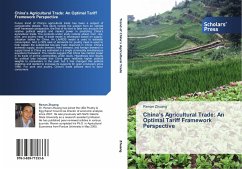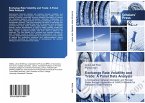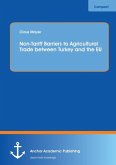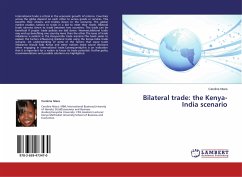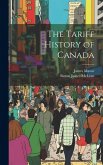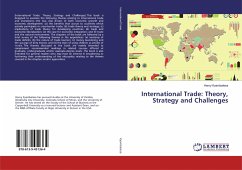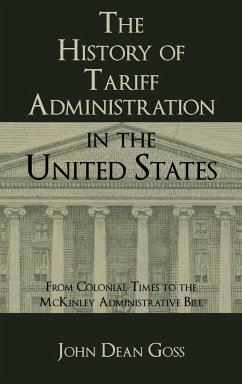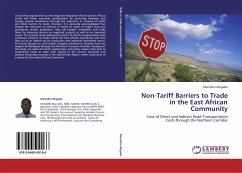Future trend of China s agricultural trade has been a subject of considerable debate. This study revisits the subject from an optimal tariff framework perspective, the first of its kind to take into account the relative political weights and market power in predicting China s agricultural trade. The products under study include wheat, corn, rice, pork, and poultry meat. A trade model is developed based on supply-utilization tables for China. An LA/AIDS model is used to estimate consumption. And a CES nest of demands for poultry meat is used to help explain the substantial two-way trade observed in China. China s domestic supply, stocks demand, feed demand, and foreign demand or supply faced in China are estimated in a single commodity simultaneous equations framework. The results suggest that China has market power in its trade of all the commodities under study. Hypothesis test results for political bias indicate that China gave relatively higher political weights to consumers in the past, but it has changed this political objective and started to increase its supports for grain producers since 1996. For pork and poultry, China s trade policies tend to favor consumers.
Bitte wählen Sie Ihr Anliegen aus.
Rechnungen
Retourenschein anfordern
Bestellstatus
Storno

